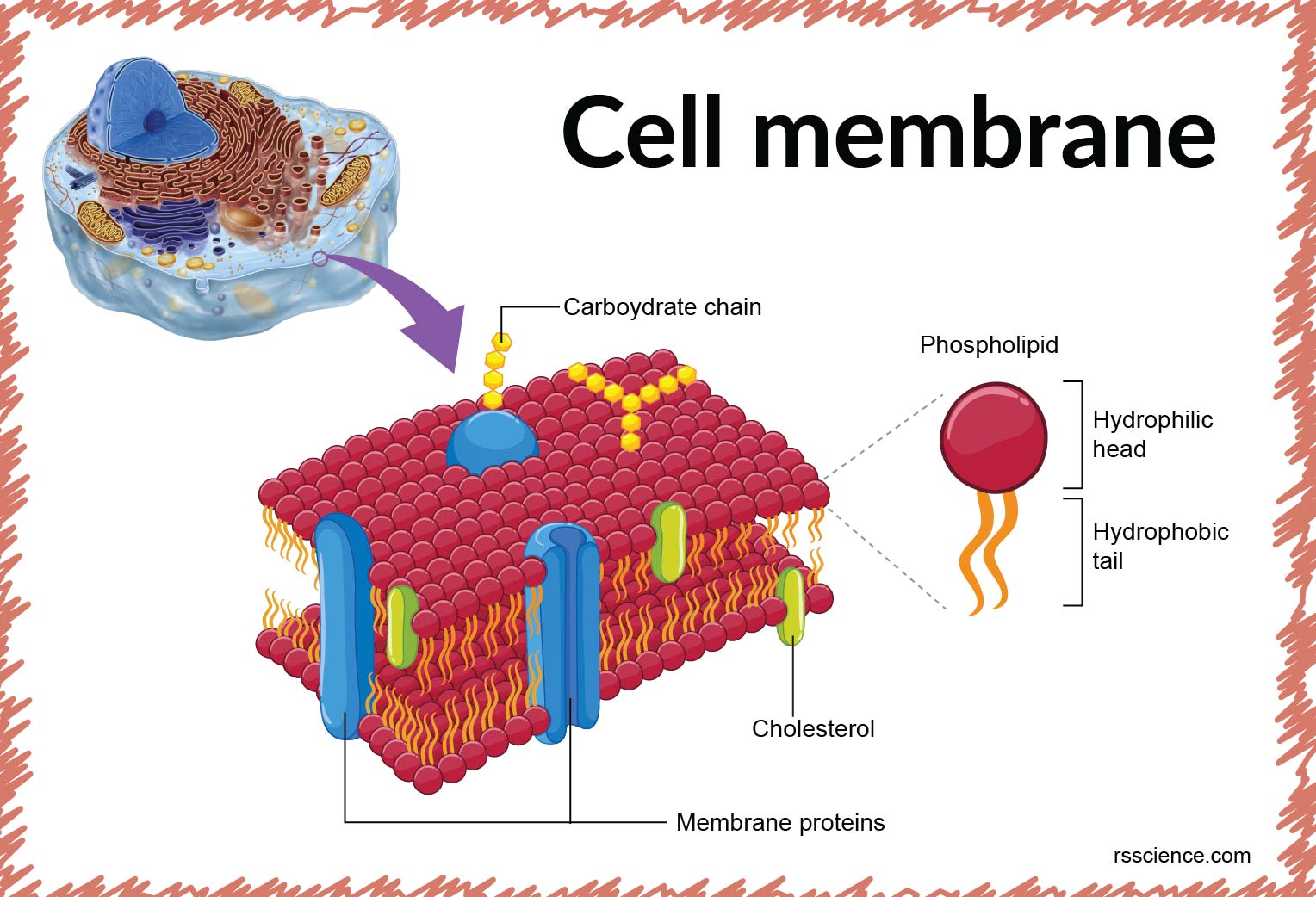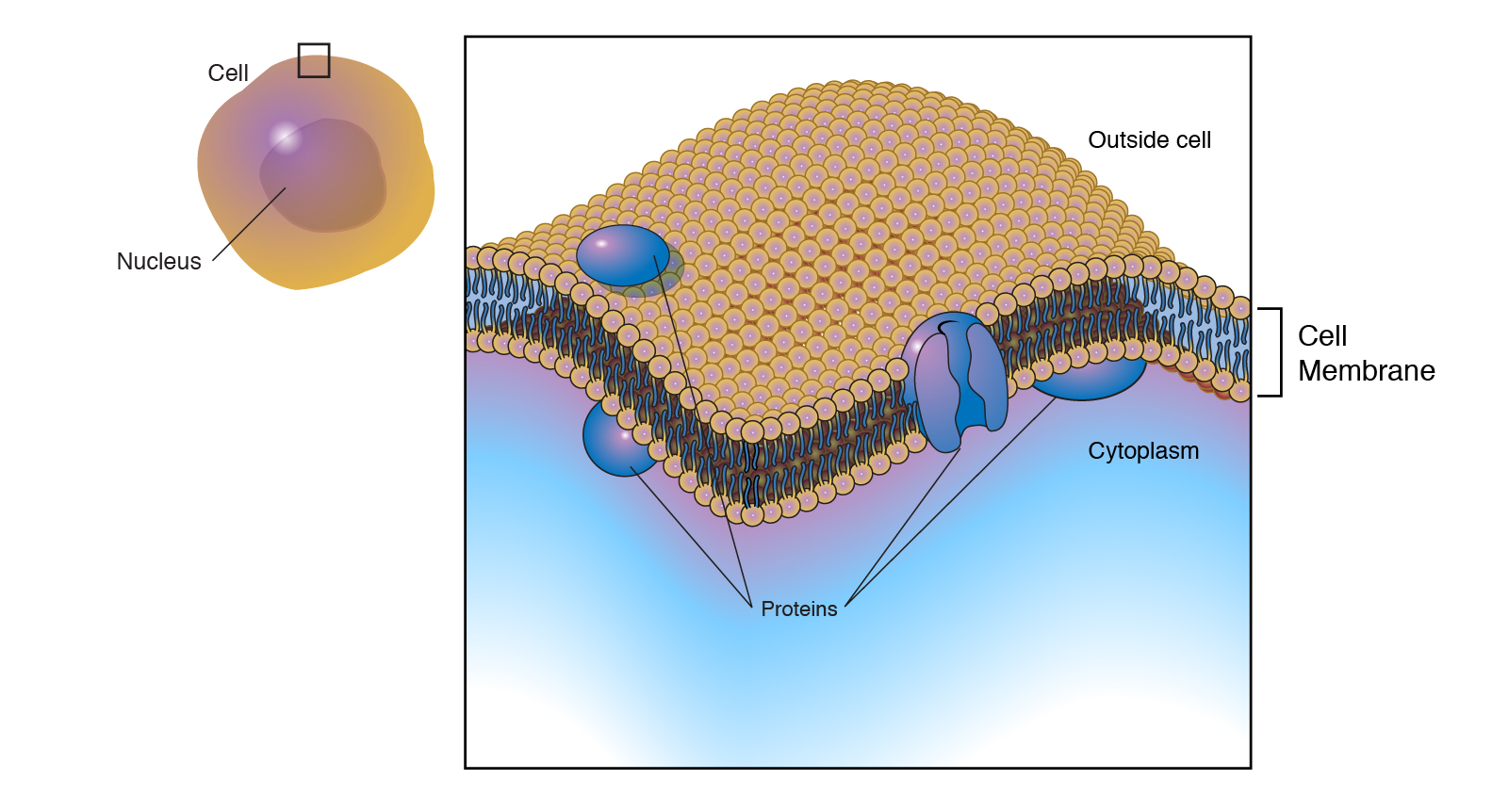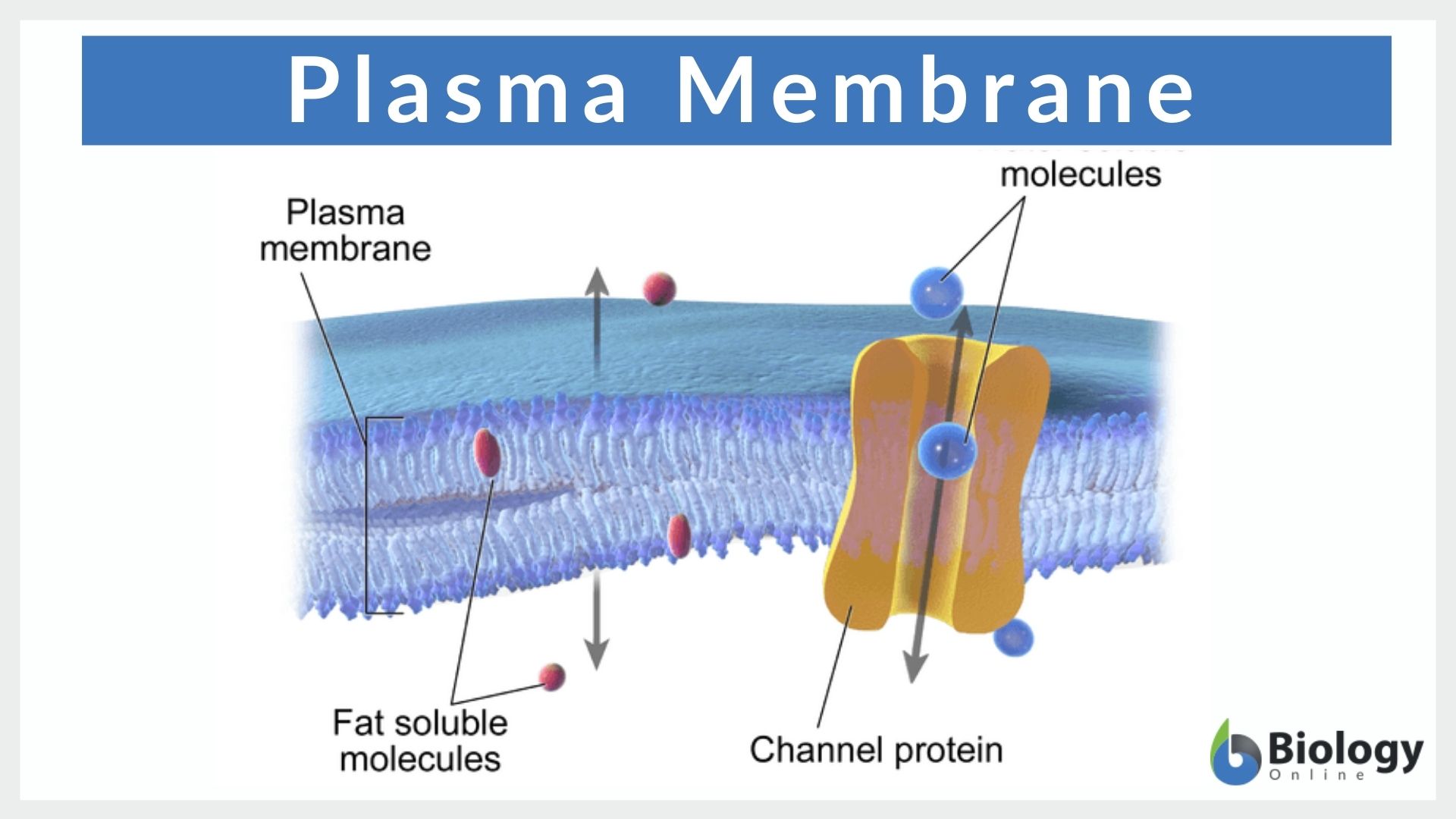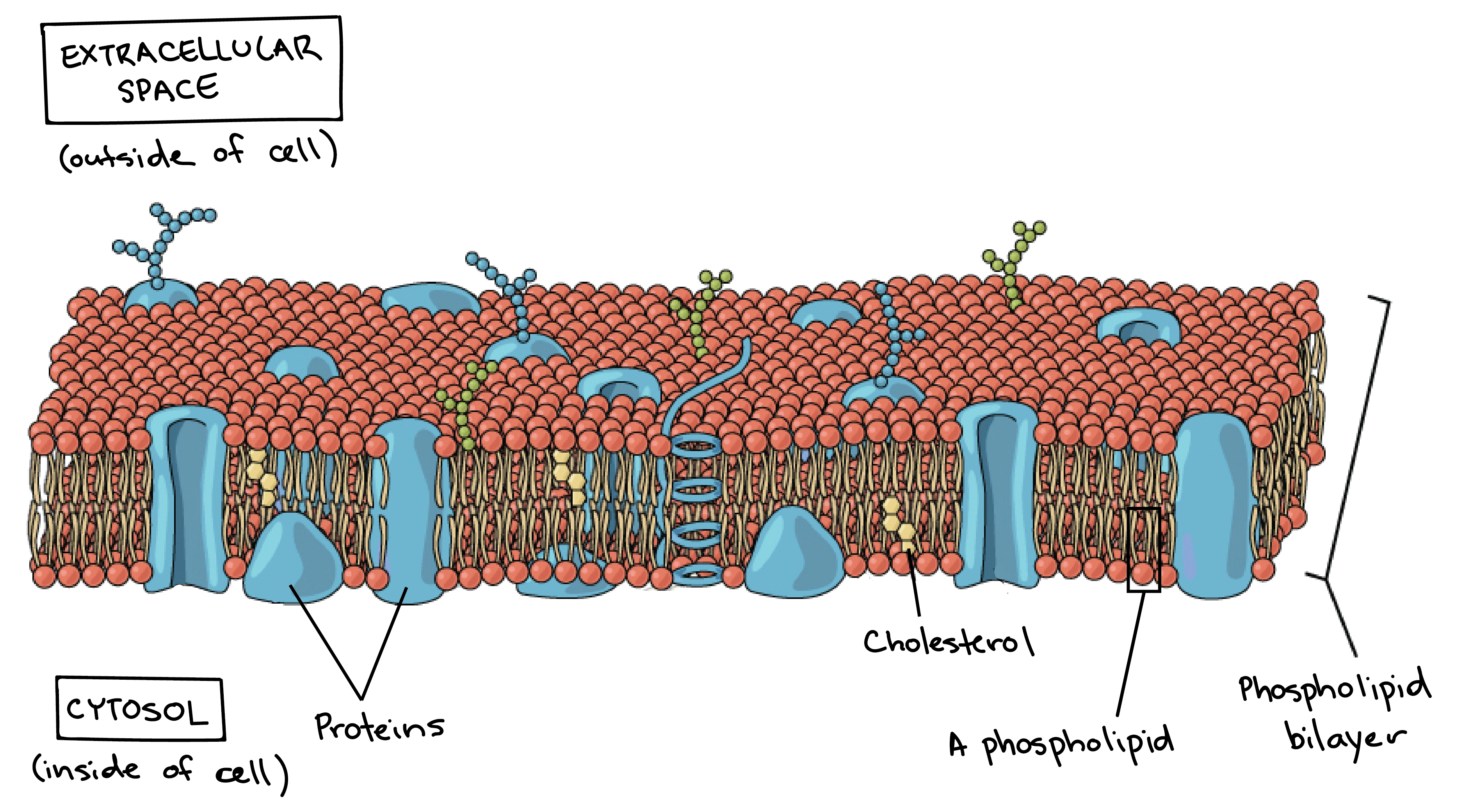Cell Membrane Definition Easy
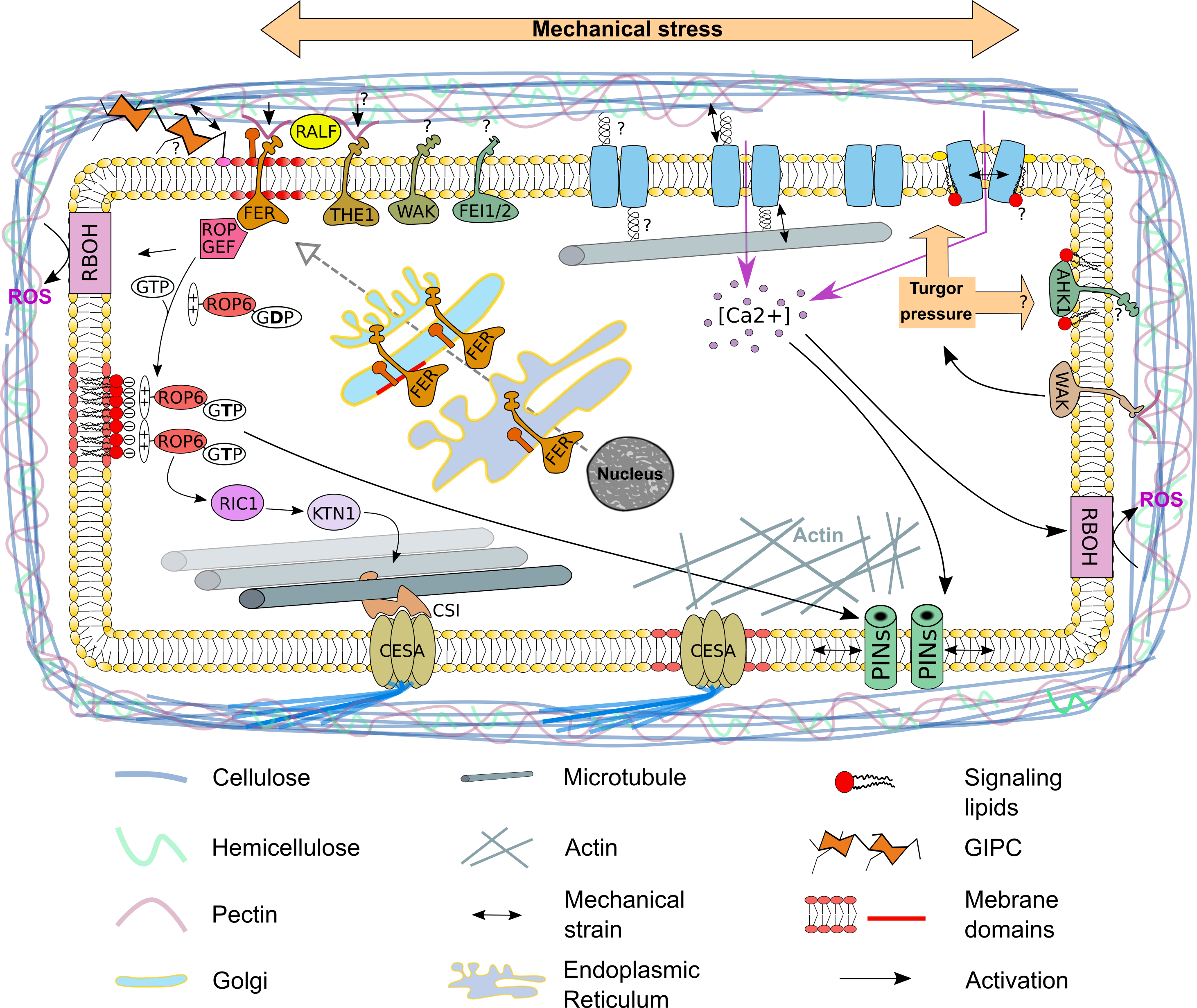
Cell Plasma Membrane Definition Membranes are lipid structures that separate the contents of the compartment they surround from its environment.
Cell membrane definition easy. Biology a very thin membrane composed of lipids and protein that surrounds the cytoplasm of a cell and controls the passage of substances into and out of the cell. The cell membrane also known as the plasma membrane is a double layer of lipids and proteins that surrounds a cell. Cell membrane also called plasma membrane thin membrane that surrounds every living cell delimiting the cell from the environment around it.
Cell Membrane was discovered by Swiss botanist Carl Naegeli and C. The cell membrane regulates the transport of materials entering and exiting the cell. CELL MEMBRANE Discovery.
The cell membrane is the membrane that surrounds the cell and isolates it from the outside world. It protects the integrity of the cell along with supporting the cell and helping to maintain the cells shape. The cell membrane is a multifaceted membrane that envelopes a cells cytoplasm.
The plasma membrane is the cells outermost layer in mammals although it is. The cell membrane consists of a lipid bilayer that is semipermeable. The cell membrane is a complex system that allows nutrients to enter the cell and waste.
The cell membrane also called the plasma membrane is found in all cells and separates the interior of the cell from the outside environment. Membrane in biology the thin layer that forms the outer boundary of a living cell or of an internal cell compartment. The structure separating an animal cell from its environment or a plant cell from its cell wall.
Most of the small hydrophobic molecules without affinity for water pass through this membrane freely. Cell membrane definition simple. Cell membrane noun 1.
